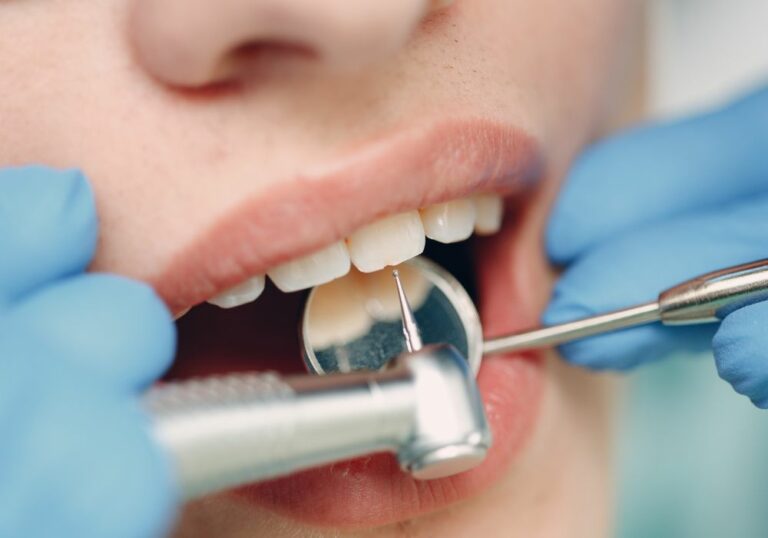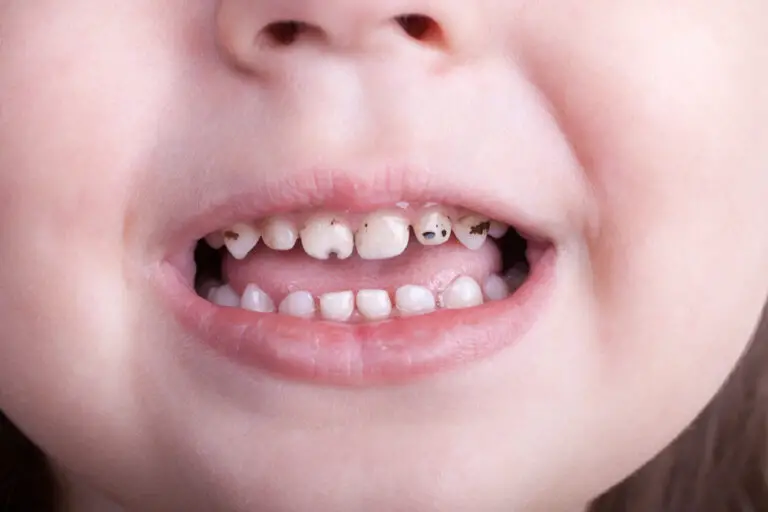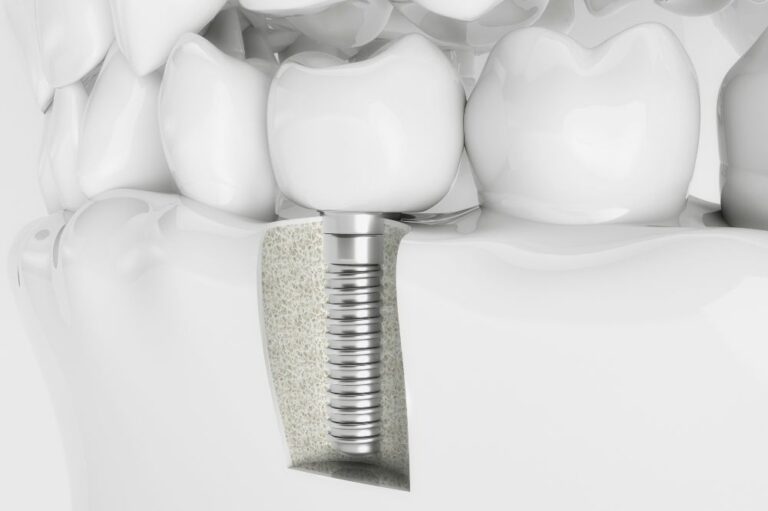Teeth are made up of a hard outer layer called enamel and a soft inner layer called dentin. Both layers contain microscopic tubules that connect to the innermost part called the pulp, which contains blood vessels and nerves that provide the tooth with sensation and nutrients. Pressure applied to the teeth can cause discomfort or pain by stimulating the nerves inside the pulp. There are several reasons why teeth may hurt from pressure.
Causes of tooth pain from pressure
1. Dental caries
Dental caries, also known as cavities or tooth decay, damage the enamel and dentin layers of the tooth. As the decay reaches deeper into the tooth, it can expose the inner pulp layer. The pulp contains nerves that react painfully to hot, cold, sweet foods and beverages as well as pressure.
2. Cracked or broken teeth
Cracks or breaks in the tooth enamel or dentin allow external stimuli to reach the pulp and trigger pain. Cracked teeth may exhibit pain with chewing or biting down. The pain results from fluid seeping into the crack or exposed pulp when pressure is applied.
3. Dental procedures
Dental procedures like fillings, crowns, braces, and teeth cleanings can cause temporary sensitivity and pain from pressure. This occurs because the preparation work exposes microscopic tubules in the dentin. The exposed tubules transmit pressure stimulation to the nerves inside the tooth. Sensitivity from dental work usually subsides within a few weeks as the tooth recovers.
4. Bruxism
Bruxism refers to involuntary grinding or clenching of teeth, often while sleeping. The habit applies excessive biting force and can eventually damage tooth enamel. Loss of enamel exposes the sensitive dentin layer and makes teeth hurt with pressure. Bruxism can also cause cracked or chipped teeth.
5. Gum recession
When gums recede due to periodontal disease or overly aggressive brushing, it exposes more of the tooth root surface. Tooth roots do not have an enamel covering and contain high concentrations of exposed tubules that transmit pressure stimulation to the pulp. Gum recession can thus cause tooth sensitivity and pain with pressure.
6. Sinus pressure
The maxillary sinuses are located above the upper teeth. When sinus pressure builds due to infection or allergies, it can create a deep, dull ache in the upper teeth. Biting down or chewing may increase the tooth pain from maxillary sinus pressure.
Symptoms of tooth pain from pressure
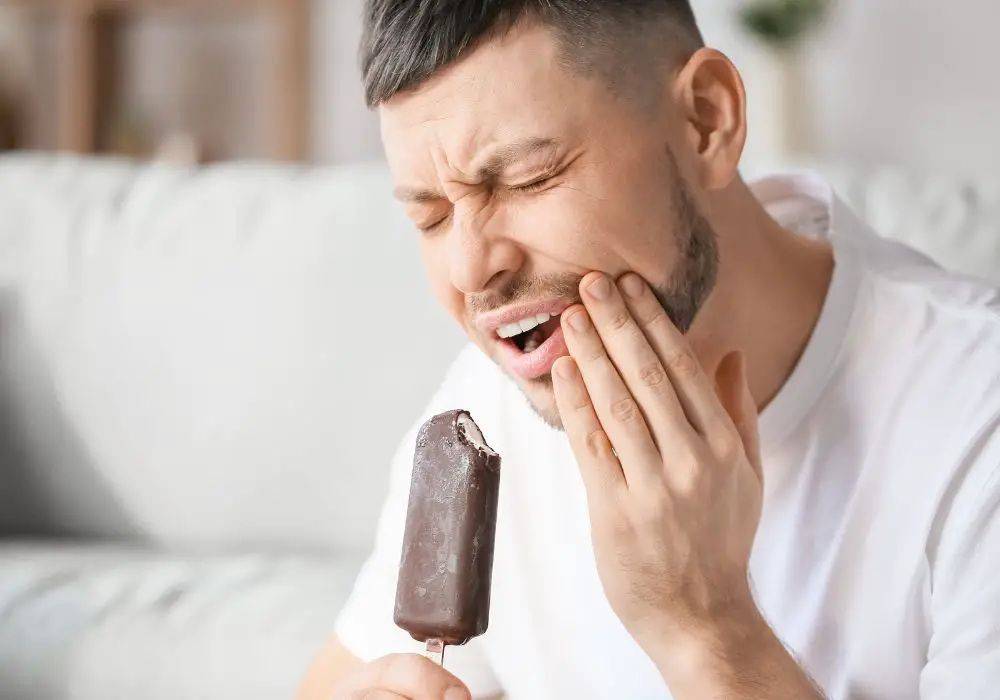
- Sharp pain when biting down or chewing
- Dull, aching pain with facial pressure over the sinuses
- Hot and cold sensitivity
- Pain that lingers after removing the stimulus
- Pain when brushing or flossing
Diagnosing tooth pain from pressure
If you experience tooth pain or sensitivity to pressure, make an appointment with your dentist. Diagnosing the exact cause requires a oral exam, dental x-rays, and assessment of your medical history.
Your dentist will check for:
- Dental decay
- Cracks or chips in the teeth
- Signs of bruxism like wear on the teeth
- Gum recession around the tooth roots
- Swelling or tenderness in the gums
Let your dentist know if you recently had dental work done, have sinus issues, or grind your teeth. Mention when the pain occurs – with hot/cold stimulation, biting, at random, etc. This helps pinpoint the origin of the pain.
How to stop tooth pain from pressure
The treatment depends on the diagnosed cause of the tooth pain. Here are some general methods to manage tooth sensitivity and discomfort from pressure:
Treating dental caries
Cavities require professional dental treatment like fillings or crowns to remove decay and protect the pulp from exposure. Over-the-counter numbing gels and pain relievers can provide temporary relief until you can see a dentist. Avoiding sweets and practicing good oral hygiene helps prevent further decay.
Fixing cracked or broken teeth
Chipped or fractured teeth need dental repair and protection. Small chips may be smoothed with polishing or bonded with resin fillings. Larger cracks require crowns or dental implants to restore structure and prevent pulp exposure. Immediate relief comes from using gels or creams to numb the area.
Relieving dental procedure sensitivity
Sensitivity after dental work usually goes away on its own within a few weeks. Over-the-counter desensitizing toothpaste, gels, and mouth rinses can quicken relief. Take care when brushing and flossing around treated teeth. See your dentist if pain persists beyond a month.
Reducing effects of bruxism
See your dentist to get fitted for a night guard to protect your teeth from grinding damage. Applying hot or cold compresses and massaging jaw muscles helps relieve tension. Over-the-counter pain medication and anesthetic gels provide temporary pain relief. Botox injections into jaw muscles may be an option for some bruxism cases.
Improving gum recession
Gentle brushing technique, fluoride application, and gum graft procedures can help cover exposed roots and reduce sensitivity. Your dentist may recommend prescription strength toothpaste or dental sealants for added protection. These measures limit fluid reaching the root surface and block pain transmission.
Clearing sinus pressure
Treating the underlying sinus infection with antibiotics, nasal sprays, or other methods prescribed by your doctor can relieve referred pain in upper teeth. Over-the-counter pain relievers, saline spray, warm compresses, and hydration can also help mitigate sinus pressure discomfort until the infection clears.
When to see a dentist
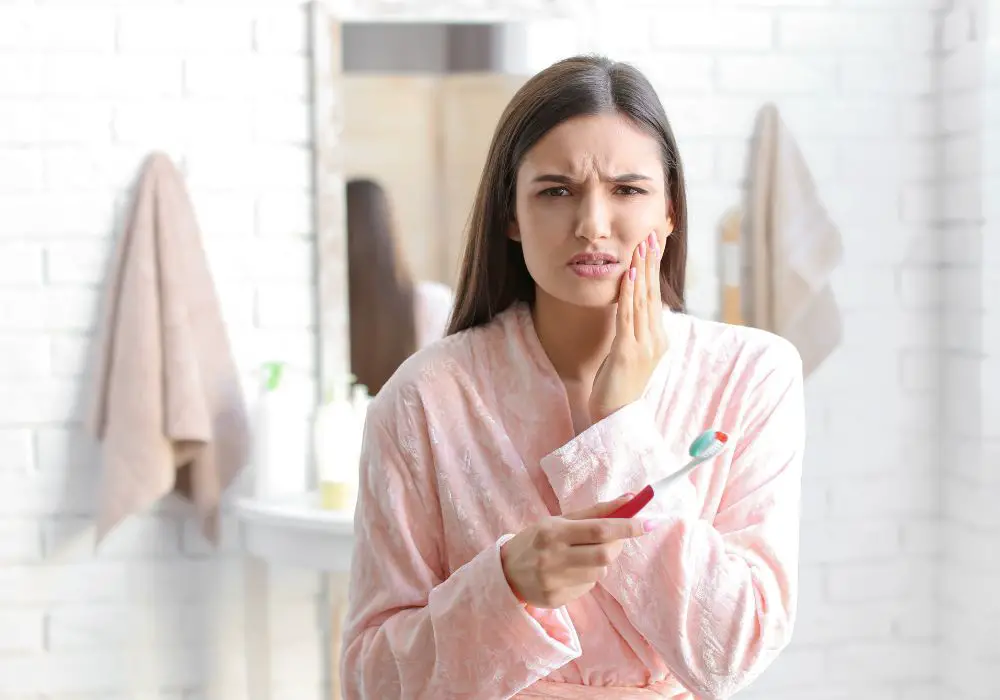
Make an urgent dental appointment if you experience:
- Unexplained throbbing or severe tooth pain
- Pain that prevents eating, sleeping or daily functions
- Tooth sensitivity or pain that persists longer than 1-2 weeks
- Pain accompanied by tooth discoloration, gum swelling, or fever
Sudden, intense tooth pain can signal dental emergencies like infections or abscesses requiring immediate treatment. Seek emergency care if pain does not improve with over-the-counter remedies or you have facial swelling, chills, trouble breathing or swallowing.
Prevention tips
You can take steps to minimize tooth sensitivity and prevent painful damage:
- Maintain good oral hygiene with twice daily brushing, daily flossing, and regular dental cleanings every 6 months
- Use toothpaste formulated for sensitive teeth
- Avoid hard foods, chewing ice, fingernail biting, and other habits that chip teeth
- Wear a night guard if you grind your teeth
- Treat sinus infections promptly to avoid referred tooth pain
- Limit acidic foods and beverages that promote enamel erosion
- Get dental issues like cavities, cracked teeth, or gum recession treated promptly
Frequently Asked Questions
1. Why do my teeth hurt when I bite down?
Pain when biting down is most commonly caused by dental caries, cracked teeth, or bruxism. Dental caries allow hot, cold, and pressure stimulation to reach the pulp nerve. Cracks act as channels for irritation to the inner pulp. Bruxism grinds down enamel making teeth more sensitive.
2. Can sinus pressure make upper teeth hurt?
Yes, sinus pressure from inflammation or infection of the maxillary sinuses can radiate pain to the upper back teeth. The dull, lingering ache tends to worsen with bending over or lying down as sinus pressure builds up. Treating the sinus problem will relieve referred tooth pain.
3. What home remedies soothe tooth pain from pressure?
Over-the-counter pain medication like ibuprofen helps relieve general tooth discomfort. Topical anesthetic gels numb pain temporarily on application to the affected area. Cold compresses can alleviate swelling and throbbing pain. Swishing with warm salt water soothes irritated gums. Avoid very hot or cold foods and beverages.
4. How long does tooth sensitivity after a filling usually last?
It’s common to have temperature and pressure sensitivity for 1-2 weeks after getting a dental filling. The preparation process exposes microscopic tubules in the dentin that transmit stimuli to the pulp nerves. The tubules gradually cover over with mineral deposits from saliva to reduce sensitivity. Contact your dentist if pain persists beyond a month.
5. Can teeth hurt from pressure when brushing too hard?
Yes, excessive pressure while brushing can damage enamel and expose sensitive dentin. Aggressive brushing also contributes to gum recession, uncovering sensitive tooth roots. Use a soft-bristled brush and gentle motion. Avoid scrubbing hard at your teeth and gums. Ask your dentist about tooth sensitivity treatment options.
Summary
Teeth can hurt from pressure when damage allows external stimuli to reach the innervated pulp. Common culprits include dental caries, cracked teeth, dental procedures, bruxism, gum recession, and sinus pressure. See a dentist promptly for diagnosis and treatment if you experience lingering tooth pain or sensitivity from pressure. Addressing the cause and protecting exposed areas provides relief. Proper oral care helps prevent many sources of pressure discomfort.

